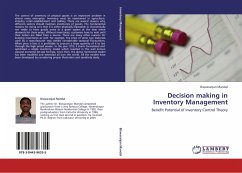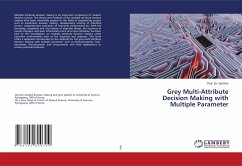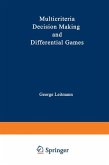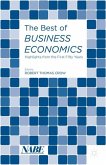The control of inventory of physical goods is an important problem in almost every enterprise. Inventory must be maintained in agriculture, industry, retail establishment and military. There are several reasons why different sectors should maintain inventories of goods. The fundamental reasons for doing so is that it is either physically impossible or economically not viable to have goods arrive in a given system at the time when demands for them arises. Without inventories, customers have to wait until their orders are filled from a source. There are many other reasons for keeping inventories as well. For example, the price of some raw materials used by a manufacturer may exhibit considerable seasonal fluctuations. When price is low, it is profitable to procure a large quantity of it to last through the high priced season. In the year 1915, F. Harris formulated and optimized a simple inventory model which resulted in the well known classical economic lot-size formula. Since then, the above mentioned model has been modified and extended all over the world. All the models have been developed by considering proper illustration and sensitivity study.
Bitte wählen Sie Ihr Anliegen aus.
Rechnungen
Retourenschein anfordern
Bestellstatus
Storno








